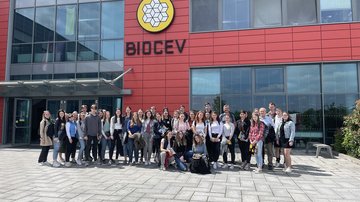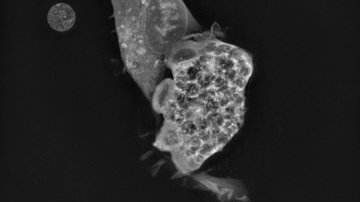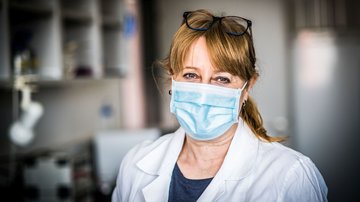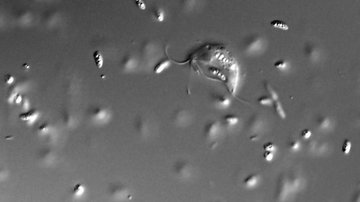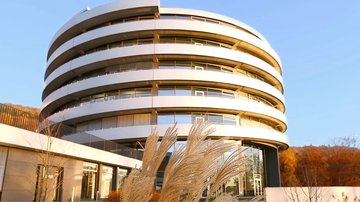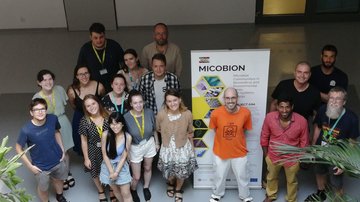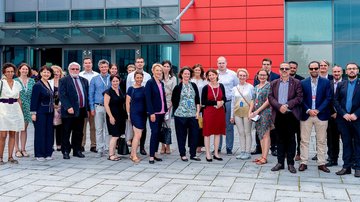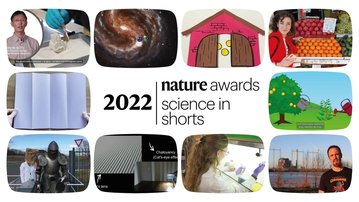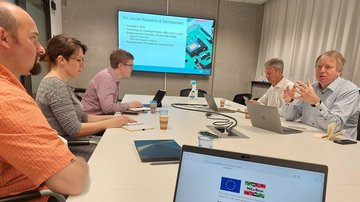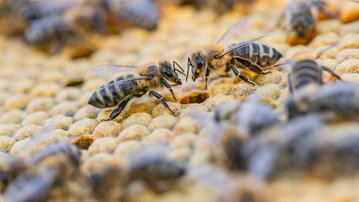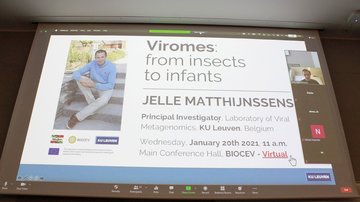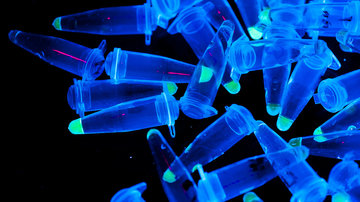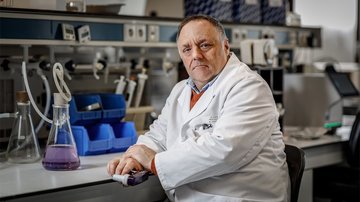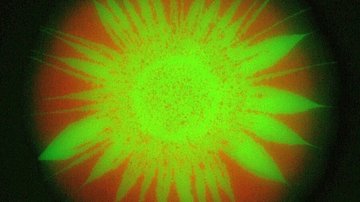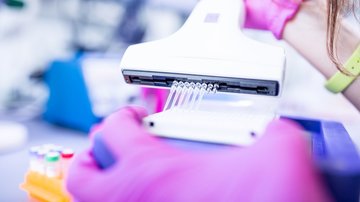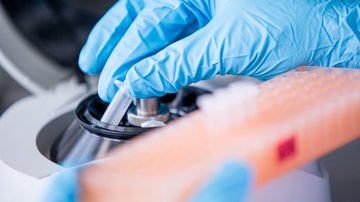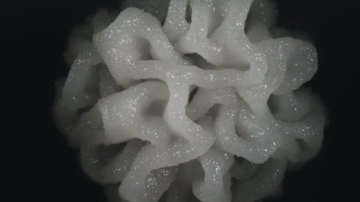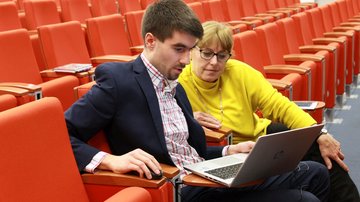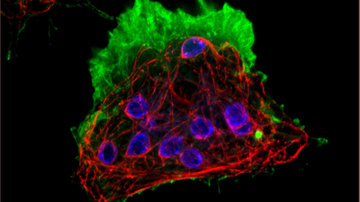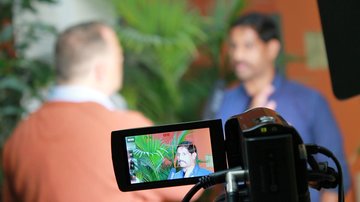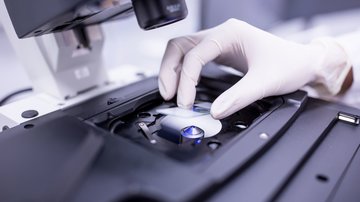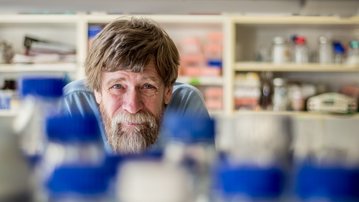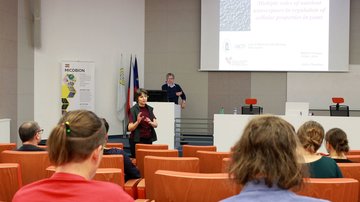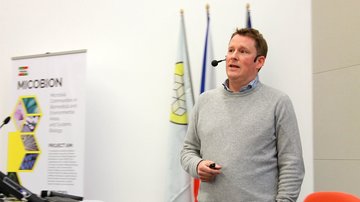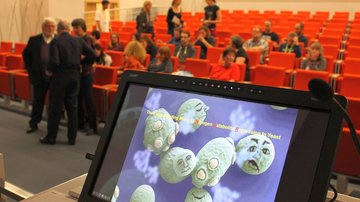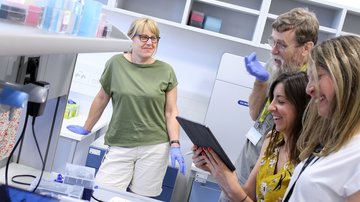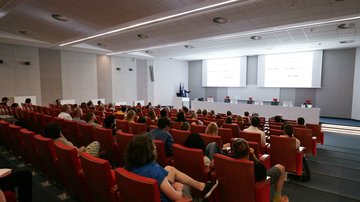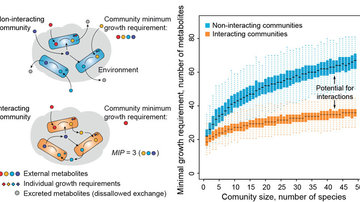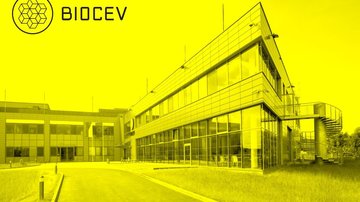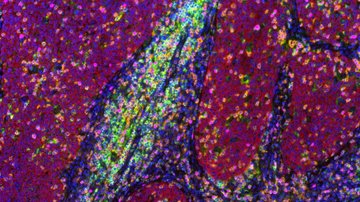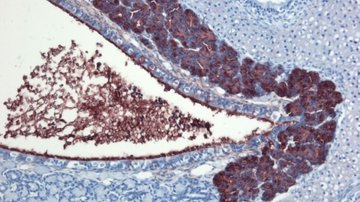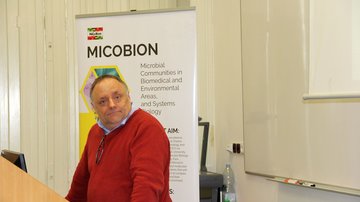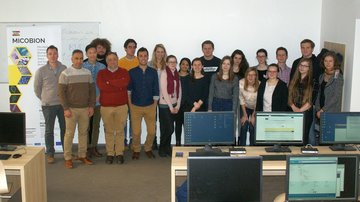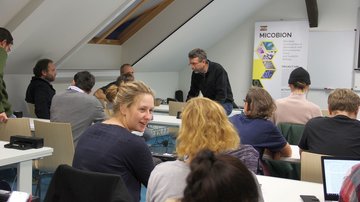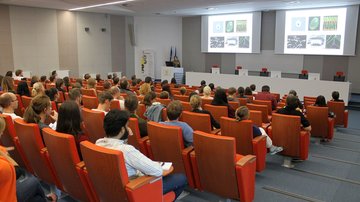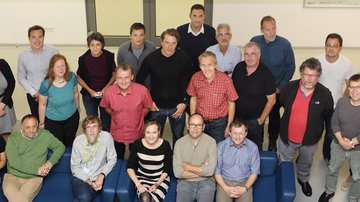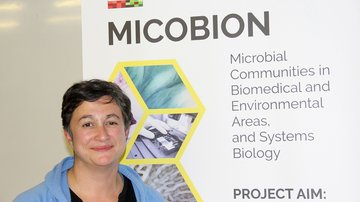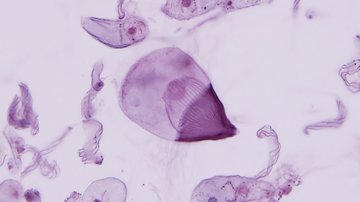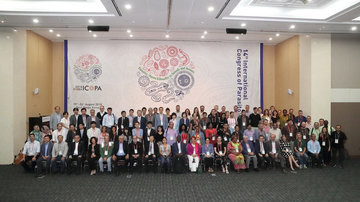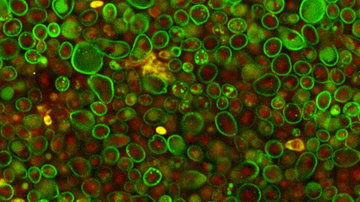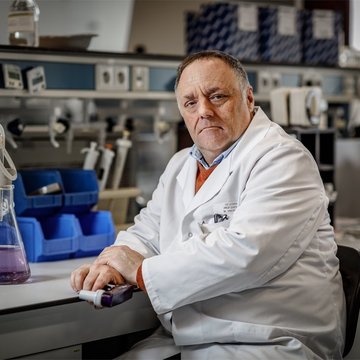
MiCoBion
Virologist Marc Van Ranst: “It might take years before we shake hands again”
Among the number projects that can potentially contribute to fighting of COVID-19 crisis within REA’s (Research Executive Agency / European Commission) portfolio, there is a MICOBION project, coordinated in Prague, Faculty of Science Charles University. The REAder has interviewed well-known virologist and epidemiologist Prof. Marc Van Ranst. His team in KU Leuven is a partner of B5 Twinning project MICOBION, and he has been part of the emergency committee on COVID-19 in Belgium.
Could you briefly describe what your research team is doing?
Our laboratory is the National Reference Center for coronaviruses, and we coordinate laboratory testing for Belgium, which is currently done in more than 50 laboratories. We perform next generation sequencing to obtain full-length viral genomes in order to do phylogenetic and molecular evolutionary studies.
As a virologist involved in research, do you think that research is becoming a global priority?
Research, and especially research in virology, has always been an international effort. This year, we have experienced how devastating a pandemic can be. Proactive research into antiviral and vaccine strategies against all potentially dangerous (and very often zoonotic) viruses should be a global priority.
What specific research lines need to be emphasized in order to combat COVID-19?
Vaccine development and antiviral discovery should be important research domains.
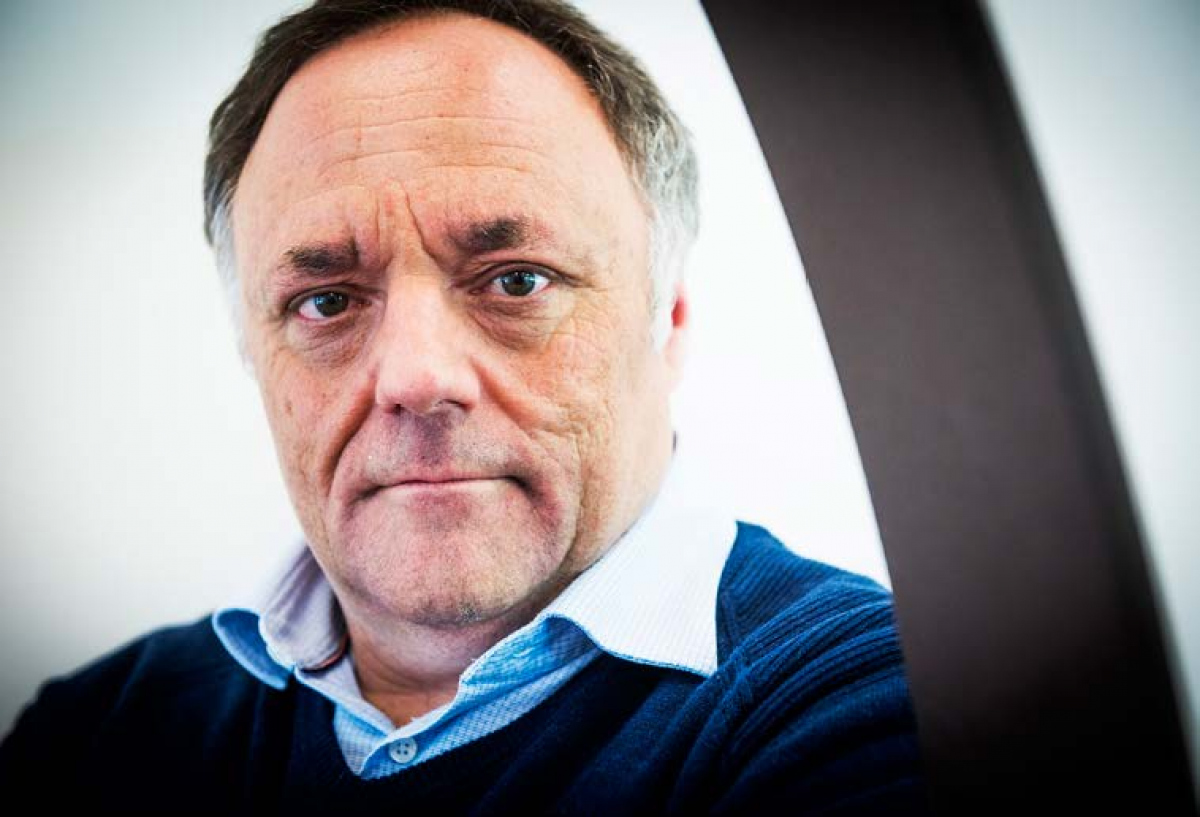
Can you describe your experience in advising public authorities? What are the main challenges?
In the ascending part of the curve, around the peak, and in the upper part of the descending curve, scientific experts took the lead into guiding our countries into and out of the lockdown period. In the tail of the epidemic, politicians became more active again and often wanted to go into further deconfinement faster than scientists would have liked.
Is the de-confinement advancing in the right way?
When deconfinement goes too fast for some and too slow for others, you are probably on the right track.
Belgium’s response to COVID-19 compared with other countries?
Belgium was hit hard with thousands of tourists coming back from what proved to be COVID-19-infected ski resorts. Our capacity to perform contact tracing was inadequate. Our hospitals reinforced their intensive care units and these were never overwhelmed. Our elderly homes were ill-equipped and insufficiently staffed to deal with an epidemic of this size. Our confinement and deconfinement responses are working well.
When going back to ‘’normality’’, social distancing remains the most sensitive aspect: how this will affect our social relations?
We will adapt. We will keep a bit further away from each other. It might take years before we shake hands again. But this pandemic also showed us that although we might have been physically more separated from each other, there also was a massive wave of solidarity in our society.
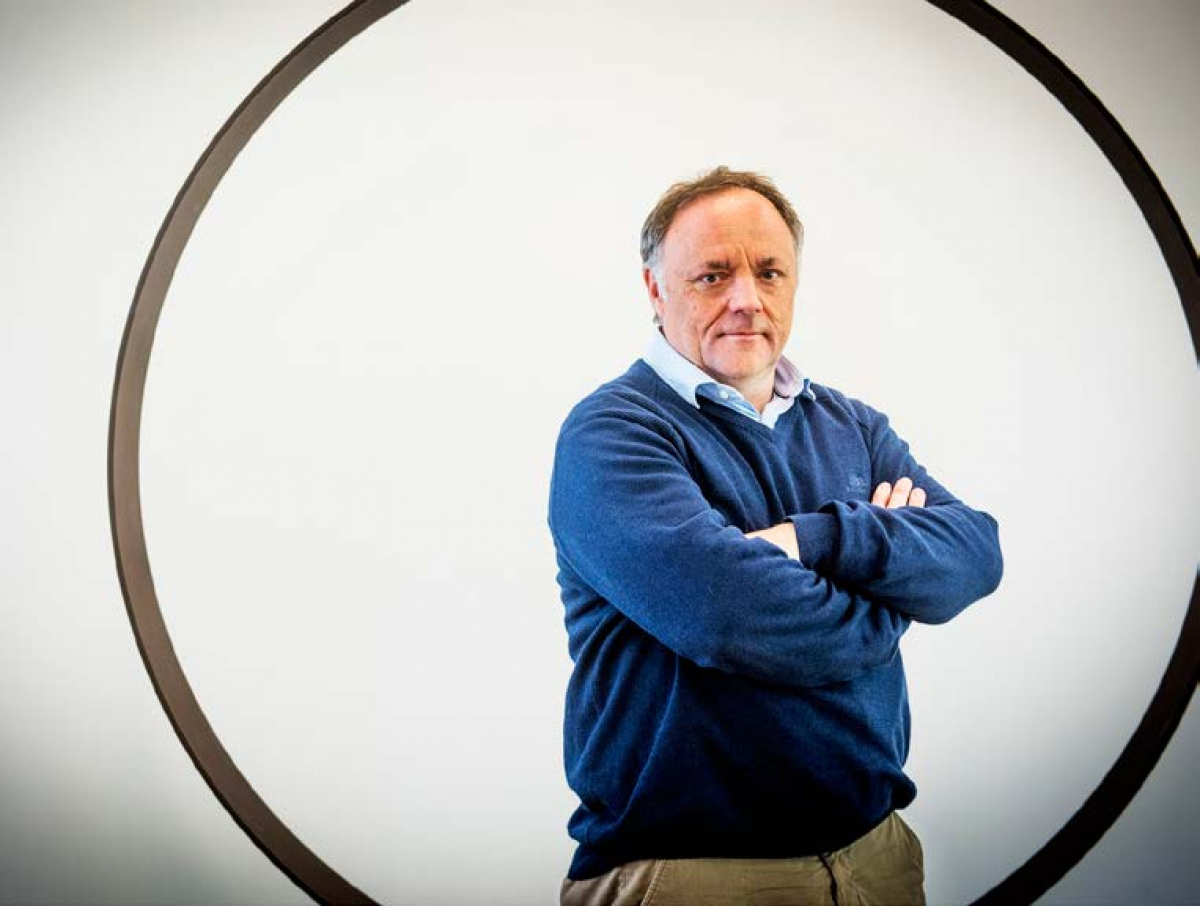
We are a part of a multinational community here, in Belgium and travelling to our home countries is very important to us. What would be your advice for travellers?
Travelling will be less pleasant for a while. Fewer flights, masks, obligatory quarantines, and uncertainty about a second wave will make matters more complicated for the foreseeable future. People will travel less. Flights will become more expensive over time. My advice would be to travel only when absolutely necessary.
Are we better prepared to face any future pandemic situations and should we consider future pandemics as a new ‘’normal’’?
Pandemics have always been part of our story. Pandemics are relatively infrequent, so in a couple of years people will have forgotten the lessons that we have learned now.
What are your predictions on the second wave of COVID-19?
It will start with small outbreaks here and there, and frantic efforts to contain these outbreaks. If we can contain the small outbreaks, there will not be a second wave, and we might reach the period where a vaccine will be available. If we cannot contain the small outbreaks, we will have a second wave of unpredictable severity.
In this challenging period, what is your preferred stress relief method?
I collect stamps. Stamps don’t care about pandemics. Stamps don’t talk. Stamps don’t ask for interviews. Stamps are nice. I love stamps.
Do you see any positive aspects that we have experienced in this lockdown situation? How could we make them advantageous in the future?
There were positive aspects too. People became friendlier to each other because we had a common enemy. We consumed less, and we did not miss shopping as much as we thought. We borrowed stuff from each other again. We could see blue skies without the white trails of aeroplanes everywhere. We did not have to pay taxes. OK, that last one is not true, but it was nice to think so for a moment.
Author: Agne Dobranskyte-Niskota, Research Programme Officer (REA.B5)
Photos: Lies Willaert a Dirk Vertommen
Source: The REA Internal Magazien (European Commision) #45 Summer 2020
Comment: prof. Marc Van Ranst is a member of the BIOCEV International Scientific Board and project MICOBION

